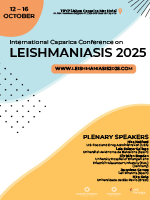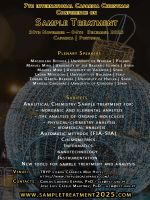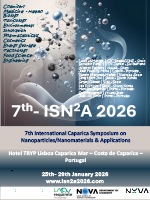An Improved Isotope-coded Affinity Tag Technology for Thiol Redox Proteomics
DOI: 10.5584/jiomics.v2i1.83
Abstract
Isotope coded affinity tag (ICAT) is a gel-free technology for quantitative proteomics. In ICAT procedure, strong cation exchange chromatography (SCX) using increased potassium chloride gradient is recommended for peptide fractionation. Here we report optimization of hydrophilic interaction chromatography (HILIC) as an alternative strategy for peptide fractionation of ICAT samples. HILIC exhibits high separation efficiency and does not require any downstream desalting steps. Compared to SCX based ICAT, integration of HILIC into the ICAT technology has resulted in high rates of protein identification, cysteine mapping, and quantification of cysteine-containing peptides. The improved technology has shown utility in thiol redox proteomics. Interestingly, results from HILIC ICAT and SCX ICAT are complementary. Implementation of both provides high coverage analysis of a complex proteome.









